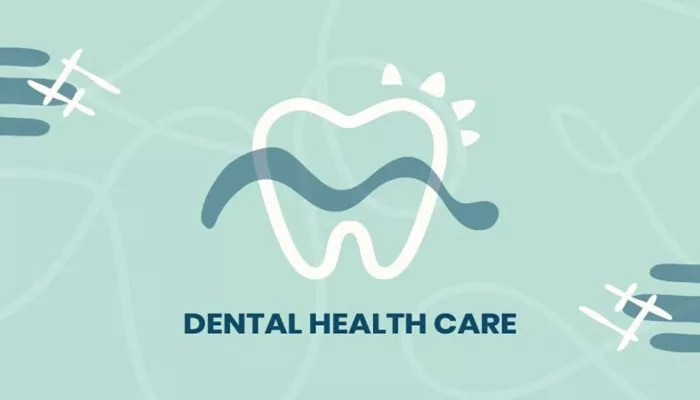A new initiative aims to improve dental care for people with learning disabilities by using art and creativity. The project also seeks to identify weaknesses in current dental services for this group.
Called the Caring Beyond Words project, it is led by the University of Plymouth and funded by the National Institute for Health and Care Research (NIHR) through a Programme Development Grant. The project will bring together researchers and people with learning disabilities to explore ways to enhance dental care.
After initial research, the team will run pilot programs to test how these new approaches work in dental clinics.
Professor Mona Nasser, Director of PIHR and project lead, explained, “Many people find visiting the dentist difficult. For those with intellectual disabilities, these difficulties are much greater due to their condition. So far, little research has focused on how to support these patients and their dentists. We hope this project will find solutions to improve the dental experience and be used in future care.”
Dental Care Challenges for People with Learning Disabilities
Studies have shown that children with learning disabilities are more likely to be admitted to hospital for tooth extractions. As they become adults, their dental health can decline quickly.
This project builds on earlier work at the University of Plymouth, which combines healthcare and the arts to address issues faced by people with various medical and mental health challenges.
For example, the Anxious Tells (AngST) project brings together dental experts and filmmakers to find ways to support patients with severe dental anxiety.
Another program, ORIGIN, involves young people aged 16 to 24 in designing an online arts and culture project to help reduce anxiety and depression.
Professor Rohit Shankar MBE, Professor of Neuropsychiatry and Director of CIDER at the University, added, “Dental problems often get overlooked or misdiagnosed in people with learning disabilities. When they show signs of distress, it is sometimes mistaken for mental health issues or seizures. This can lead to unnecessary use of psychotropic drugs.”

